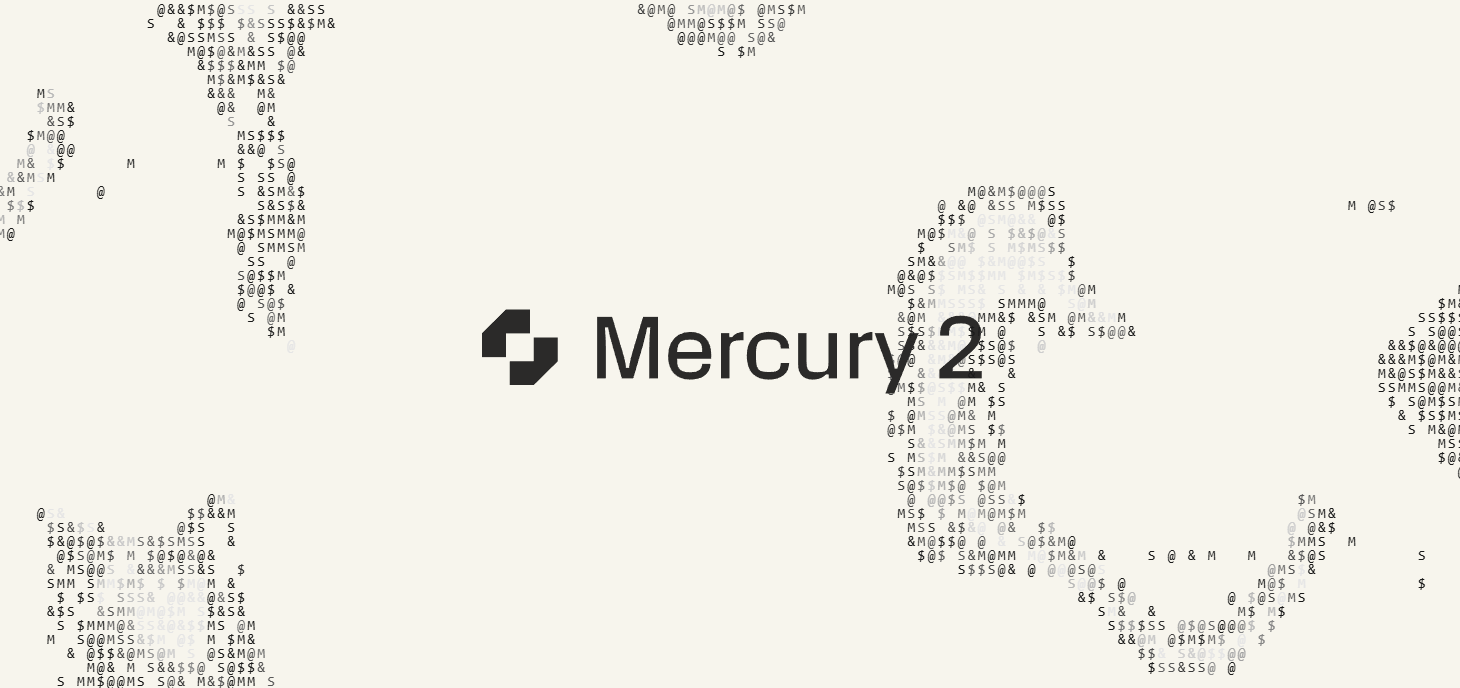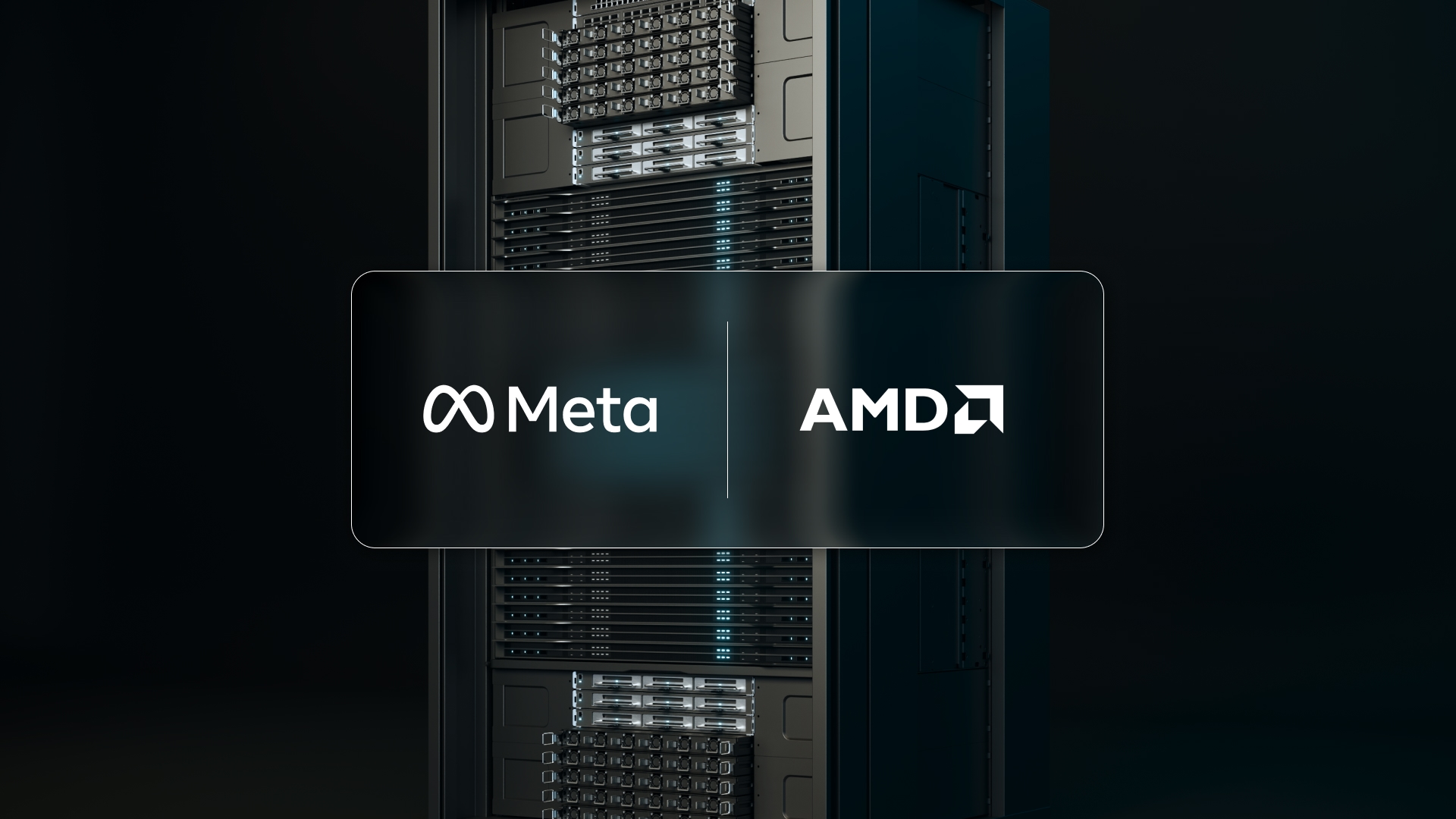Anthropic now lets Claude switch independently between Excel and PowerPoint - for example, running an analysis and then building a presentation directly from the results. At the same time, the company is expanding Cowork for enterprise customers with private plugin marketplaces that let admins create their own plugin collections and distribute them to specific teams. Plugins turn Claude into specialized AI agents for different departments, with new templates now available for HR, design, engineering, finance, and asset management, among others.
Anthropic is putting particular emphasis on finance: New MCP interfaces for FactSet and MSCI give Claude access to real-time market data and index analysis, while partners like S&P Global (Capital IQ Pro) and LSEG have contributed their own plugins.
The update also adds new connections to third-party software including Google Workspace, Docusign, Salesforce Slack, FactSet, and others. Admins get more control over user access along with OpenTelemetry support for monitoring costs and usage. The Excel-PowerPoint feature is available as a research preview across all paid plans. Cowork is Anthropic's desktop tool for agent-based office work. Plugins were added at the end of January to make Claude a specialist for individual departments, though the tool has known security vulnerabilities.


